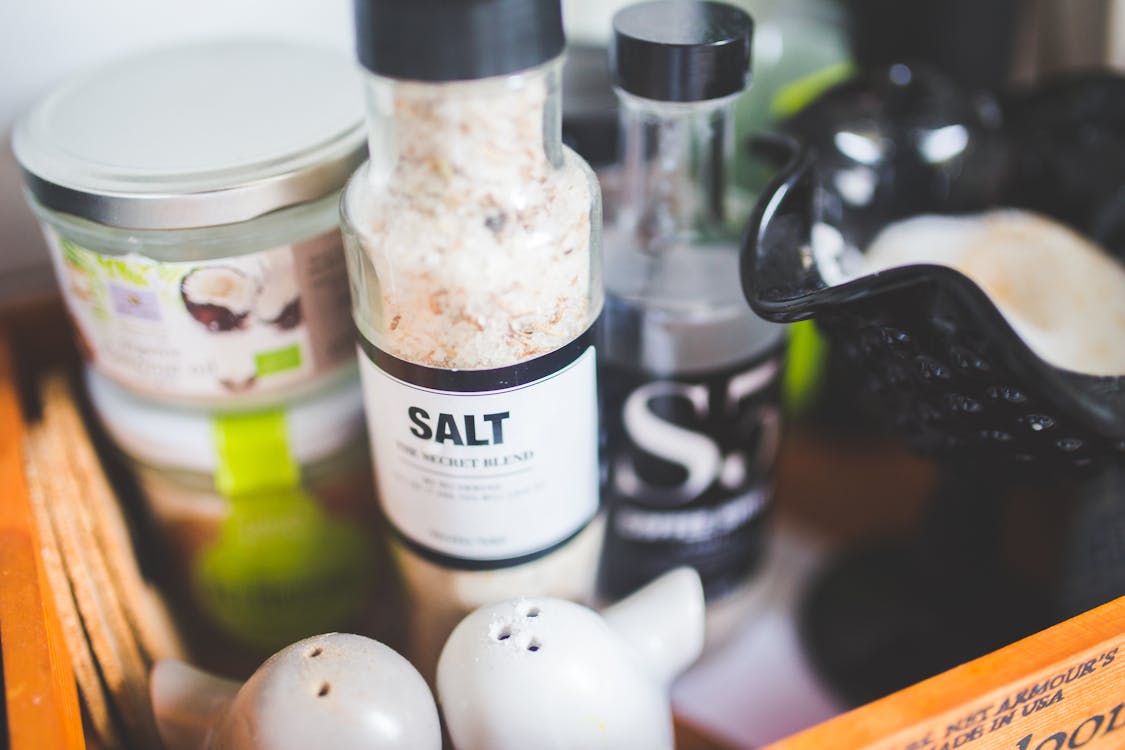This article will take 2 minute to read.
The only thing worse than no advice is poor advice. People offer all sorts of health advice online, but not all of it is reliable.
What we’ve done here is take it upon ourselves to bust 5 food myths we hear all the time. You’re welcome.
Myth: Drinking Wine Every Day Is Good For Your Health
Fact: Wine does contain antioxidants and prevents heart damage among other things. But, drinking a glass of wine, i.e. alcohol, every day can damage the liver. It can cause cancers in both men and women.

Drinking one or two glasses every day may not be very bad, but it definitely predisposes you to alcohol-related health issues.
Source: Harvard Health
Myth: Eggs Are Bad For The Heart
Fact: Eggs are a rich source of protein and many other nutrients. Eating an egg every day does not raise the body’s cholesterol much and is very good for health. Research shows that most LDL i.e. bad cholesterol in our body comes from the liver, not from eating eggs daily.

Eggs contain lutein and zeaxanthin, which are good for the eyes & choline, which is good for the brain and nerves; along with various vitamins.
Source: Harvard Health
Myth: Microwaving Food Destroys The Nutrients
Fact: Microwaving has absolutely no effect on the nutrients of the food. The nutritional quality of the food is affected by how long you cook the food and not by what method you cook it.

Microwave cooking is actually one of the least likely forms of cooking to damage nutrients. That’s because the longer food cooks, the more nutrients tend to break down, and microwave cooking takes less time.
Source: Harvard Health
Myth: Eating Smaller Frequent Meals Helps Reduce Weight
Fact: Calories are calories. Whether you eat them all at once or disperse them throughout the day. The amount of calories taken during the day determines your weight, not the timing or the frequency of the intake. Frequent eating can help you only if you know the art of portion control.

Source: MedicineNet
Myth: Sea Salt Is Better Than Table Salt
Fact: Both of these salts contain the same amount of sodium. That makes them identical. Sea salt may contain some additional elements but they are in trace amounts so it does not add to the nutritional value in any way.

Source: Mayo Clinic
